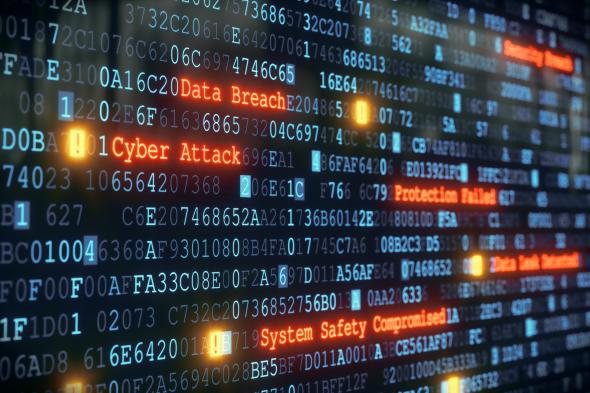Greetings, Future Tensers,
This week, the South Korean government alleged that North Korean hackers had compromised the smartphones of numerous officials. As we’ve been showing with this month’s Futurography course, which focuses on cyberwar, such attacks are hardly new. In an excerpt from his book Dark Territory, Fred Kaplan tells the story of a 1997 operation called Eligible Receiver, in which the National Security Agency hacked the U.S. military, proving in the process just how vulnerable it was to information warfare.
Almost 20 years later, Paulo Shakarian points out that most conversations about cyberwar still lack the nuance we use when discussing conventional warfare. It’s also worth remembering that most so-called cyberweapons are nothing of the kind, since “there have been few to no fatalities and little physical destruction directly attributable to malicious software,” as Trey Herr writes.
While the stakes of cyberwarfare are potentially huge, this week also proved that you shouldn’t neglect your personal cybersecurity, especially after a South Carolina teacher lost her job thanks in part to her failure to password-protect her phone. That doesn’t mean that all received wisdom about cybersecurity is right: The Federal Trade Commission’s chief technology officer wrote this week that when people are forced to change their passwords too often, it actually hurts security. Meanwhile researchers demonstrated that it’s possible to hack fingerprint scanners with an inkjet printer.
Here are some of the other stories that we read this week while we were looking out for weaponized drones:
- Twitter: Bots and other forms of automation are playing an increasingly central role in politics. Can we ensure that they contribute to the conversation, or will they just create more noise?
- Energy: Solar panels may be getting cheaper, but you’re not going to push utility companies out of business by installing them on your roof.
- Writing: I tried out a terrifying word-processing app that deletes everything you’ve written if you stop typing for too long.
- Zootopia: If you can’t get enough of the hit Disney film, consider the real-world park of the same name, which challenges some of our notions of wildness and naturalism.
Events:
- How real is the threat of cyberwar? And what does the term cyberwar even mean? On Wednesday, March 9 (and yes, that’s tonight), Future Tense will host a discussion in New York between Steve Coll and Fred Kaplan in honor of Kaplan’s new book, Dark Territory. To learn more and RSVP, visit the New America website.
Drawing energy from the sun,
Jacob Brogan
for Future Tense
